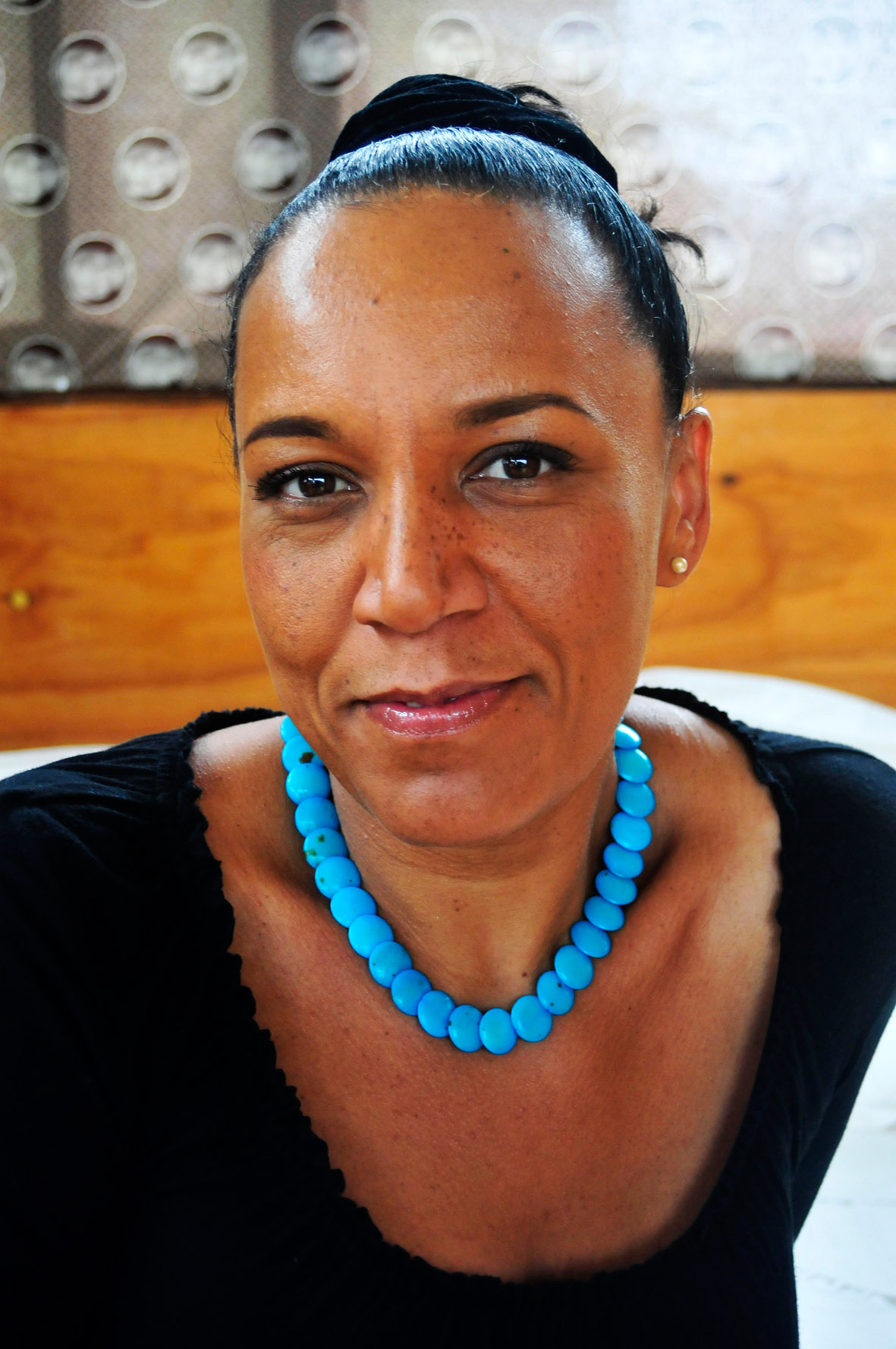At Optima®, we celebrate architecture not only for its form and function, but also for the voices that challenge, expand, and reimagine what the field can be. As part of our ongoing Women in Architecture series, we turn our attention to Lesley Lokko—architect, educator, novelist, and one of today’s most influential thinkers shaping the global conversation on architecture, identity, and social responsibility.
Born in Scotland and raised between Ghana and the UK, Lokko embodies the global fluidity that defines much of contemporary life. She trained as an architect at the Bartlett School of Architecture in London, later teaching around the world before turning her attention to writing, education, and leadership. In 2021, she founded the African Futures Institute in Accra, Ghana—a new model for architectural education grounded in African perspectives but designed to reach a global audience.

For Lokko, architecture is never just about buildings. It is about culture, context, and community. Her work consistently asks: Who gets to shape space? Whose stories are told through the built environment? And how can architecture serve as a tool for equity and imagination rather than exclusion? These are questions that resonate deeply for Optima® residents, who live in spaces conceived not only as stunning works of design but also as vibrant, inclusive communities.
Lokko’s influence stretches beyond the classroom. In 2023, she made history as the first Black curator of the Venice Architecture Biennale, the most prestigious architectural exhibition in the world. Her exhibition, titled The Laboratory of the Future, spotlighted African and diasporic architects, artists, and thinkers, challenging Eurocentric narratives that have long dominated architectural discourse. It was an exhibition that did more than showcase projects; it reframed architecture as a living, evolving practice tied to migration, climate, race, and identity.
Her impact has been recognized at the highest levels. Lokko became the first British-African woman to receive the RIBA Gold Medal, one of architecture’s greatest honors. She was also awarded the Order of the British Empire (OBE) “for services to architecture and education” in the first New Year’s Honours List issued by King Charles III. These accolades confirm what many in the field already know: Lokko is reshaping architecture in theory, and in practice.
Her perspective is especially compelling at a time when architecture is being asked to solve urgent, interconnected challenges: climate change, urban density, resource scarcity, and the need for more inclusive spaces. Lokko’s response has been to insist that architectural education itself must adapt. She advocates for a curriculum that prepares architects not only to design, but to imagine futures—an ethos that aligns with Optima®’s own forward-looking approach to sustainable design, integrated landscapes, and human-centered living.
Just as Lokko dissolves boundaries between disciplines—moving fluidly between fiction writing, teaching, and architectural practice—Optima® residents experience architecture as more than walls, glass, and steel. They experience it as a daily rhythm that integrates design with wellness, art, and community. Lokko’s insistence that architecture is a cultural act reminds us that where we live shapes how we live, and vice versa.
Her novels, too, enrich this perspective. Known for her thrillers that explore race, identity, and belonging, including Soul Sisters, The Last Debutante, and Little White Lies, Lokko demonstrates that storytelling is another form of architecture: an arrangement of space and perspective, a construction of meaning. In this way, she bridges art and architecture in ways that echo Optima®’s own commitment to design as a multi-sensory, holistic experience.
To learn from Lesley Lokko’s vision is to be reminded that architecture is never static. It is a conversation between past and future, between individual and collective, between form and meaning. Lokko’s career—spanning continents, disciplines, and audiences—underscores the power of architecture not simply to reflect the world, but to reshape it.

